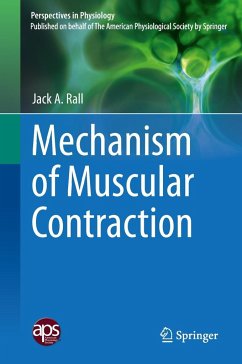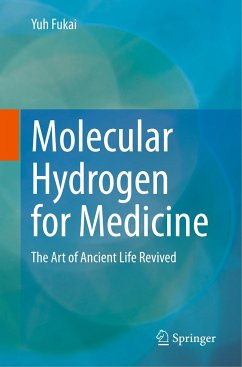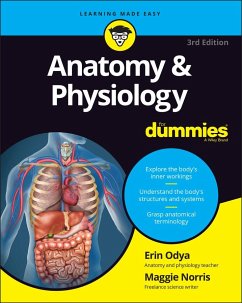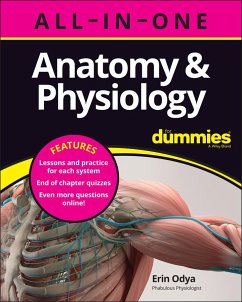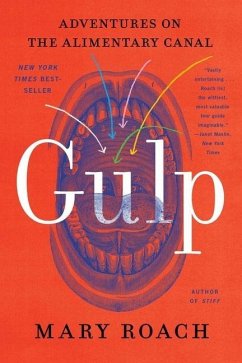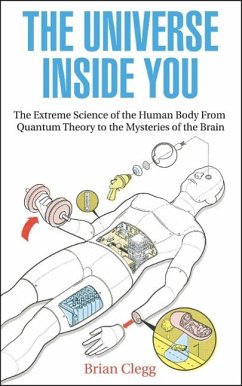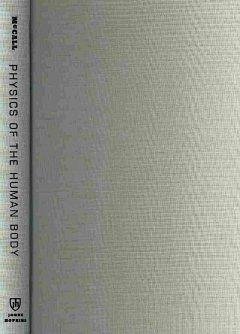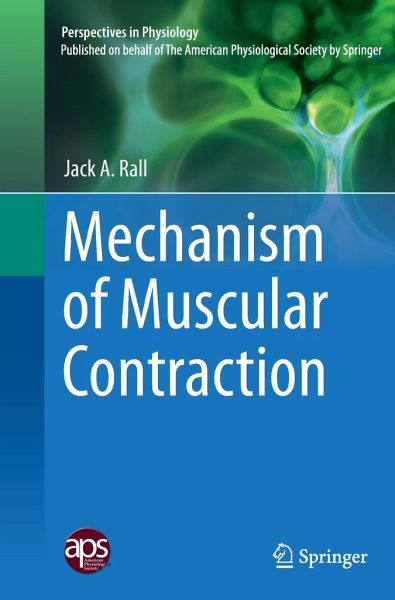
Mechanism of Muscular Contraction
Versandkostenfrei!
Versandfertig in 6-10 Tagen
106,99 €
inkl. MwSt.
Weitere Ausgaben:

PAYBACK Punkte
53 °P sammeln!
This book describes the evolution of ideas relating to the mechanism of muscular contraction since the discovery of sliding filaments in 1954. An amazing variety of experimental techniques have been employed to investigate the mechanism of muscular contraction and relaxation. Some background of these various techniques is presented in order to gain a fuller appreciation of their strengths and weaknesses. Controversies in the muscle field are discussed along with some missed opportunities and false trails.The pathway to ATP and the high energy phosphate bond will be discussed, as well as the di...
This book describes the evolution of ideas relating to the mechanism of muscular contraction since the discovery of sliding filaments in 1954. An amazing variety of experimental techniques have been employed to investigate the mechanism of muscular contraction and relaxation. Some background of these various techniques is presented in order to gain a fuller appreciation of their strengths and weaknesses. Controversies in the muscle field are discussed along with some missed opportunities and false trails.
The pathway to ATP and the high energy phosphate bond will be discussed, as well as the discovery of myosin, contraction coupling and the emergence of cell and molecular biology in the muscle field. Numerous figures from original papers are also included for readers to see the data that led to important conclusions.
This book is published on behalf of the American Physiological Society by Springer. Access to APS books published with Springer is free to APS members.
The pathway to ATP and the high energy phosphate bond will be discussed, as well as the discovery of myosin, contraction coupling and the emergence of cell and molecular biology in the muscle field. Numerous figures from original papers are also included for readers to see the data that led to important conclusions.
This book is published on behalf of the American Physiological Society by Springer. Access to APS books published with Springer is free to APS members.



